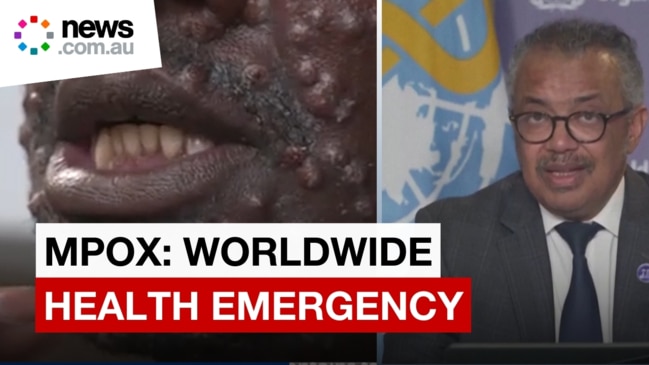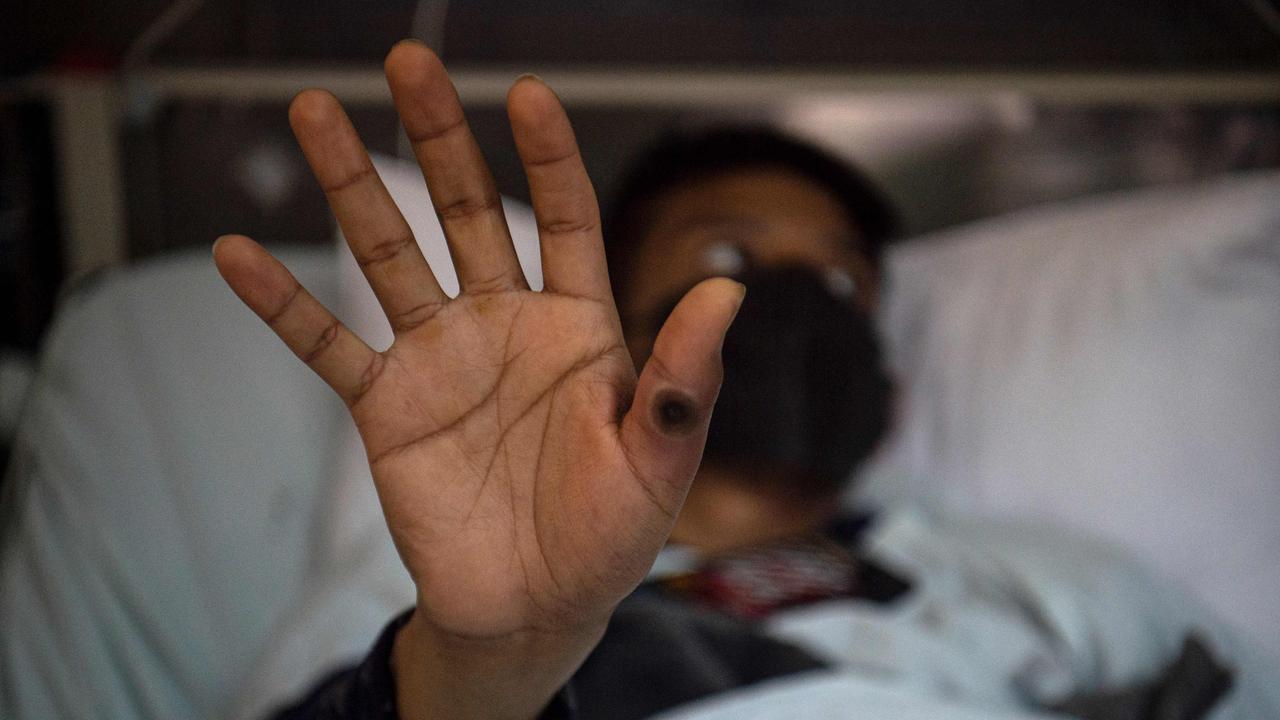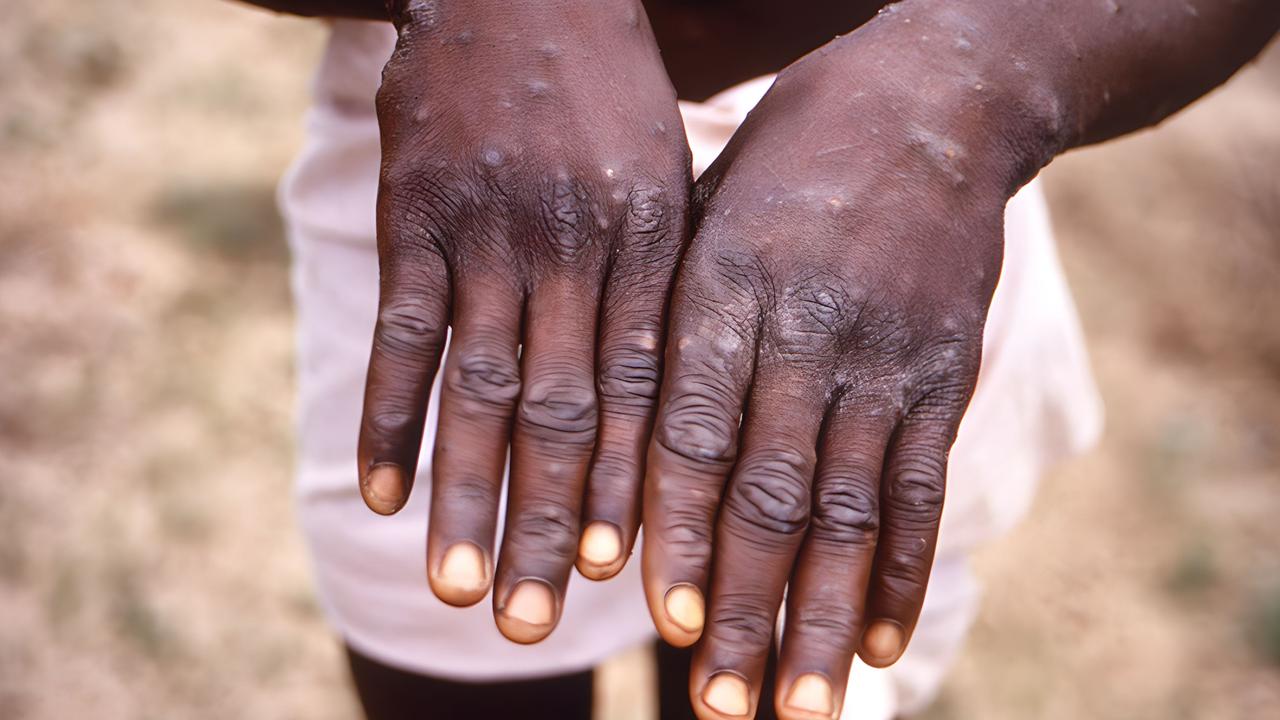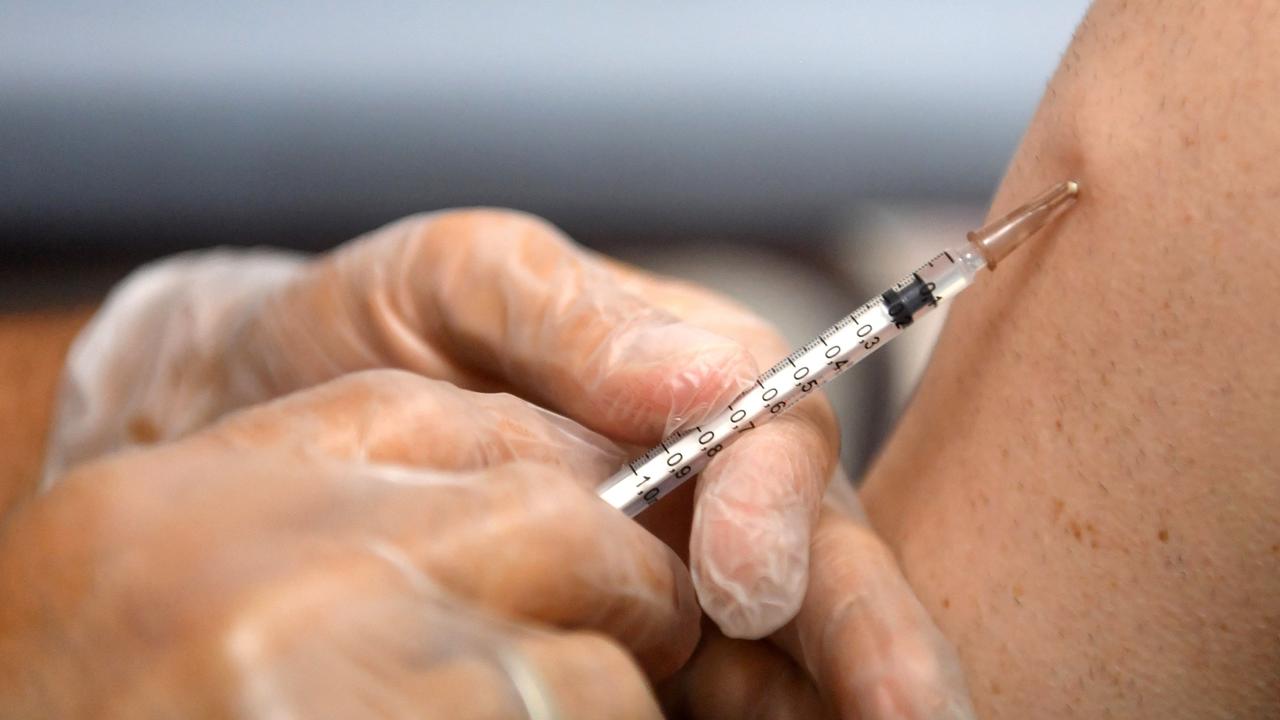Aussie travellers warned as first case of ‘dangerous’ mpox strain detected in Europe
A “dangerous” strain of mpox has been detected outside of Africa for the first time in a country Aussie tourists are much more likely to visit.

A “dangerous” strain of mpox has been detected outside of Africa for the first time just a day after the World Health Organisation (WHO) declared the situation a global public health emergency.
While the Democratic Republic of Congo (DRC) and neighbouring nations – where there has been a surge in cases – are not holiday hot spots for Australian travellers, Sweden, where the new case has been detected, is a popular destination among Aussies heading to Europe.
“Now it’s in Sweden we probably need to be a bit more worried about it than we were perhaps a couple of days ago when it was confined to central Africa, which is generally not visited by many tourists,” Dr David Beirman, an Australian expert in tourism risk management, told news.com.au.

Dr Beirman said governments around the world will start considering measures to stop travellers bringing the disease into their countries as has been done with previous infectious disease outbreaks.
This may include screening travellers for mpox, previously known as monkeypox, before they enter the country or making vaccines mandatory before citizens visit severely affected nations.
In the DRC at least 450 people have died of clade Ib mpox, which emerged in September 2023.
“It is undoubtedly the most dangerous strain of mpox yet,” Professor Trudie Lang, the director of Global Health Network at Oxford University, previously told The Sun.
It is more virulent with a higher fatality rate than the clade IIb strain, which is what the cases of mpox detected so far in Australia are.
Infectious disease expert and chairman of the Immunisation Coalition Professor Robert Booy said Australia’s current “effective screening” through airport arrival questionnaire forms could be stepped up.
Speaking to news.com.au before the case in Sweden was revealed, he explained mpox remains relatively rare in Australia but “it may come in [every now and then] on a plane”.
Australia’s Chief Medical Officer Dr Paul Kelly said on Thursday the interim Australian Centre for Disease Control is actively assessing the situation to consider any further activities needed within Australia’s response.

Mpox in Australia
There has been a large international outbreak of clade IIb mpox since May 2022 that is predominantly impacting men who have sex with men.
There have been 244 cases in Australia this year, compared to 26 in 2023 and 144 in 2022, when mpox was first reported in the country in May that year.
Of the 244 cases this year, Victoria has recorded the most of any state with 111 cases. Three of those cases were recorded in the last day.
In May, the Victorian Health Department issued travellers a warning about the risk of contracting travel-related diseases – including mpox – overseas and then bringing it home.
Victorian chief health officer Dr Clare Looker said there had been an increase in cases at many popular travel destinations in the northern hemisphere and urged Aussies to take precautions to limit their risk of infection, including getting vaccinated.
“Mpox infection remains a risk for Victorians travelling internationally, with case numbers in Victoria this year greater than the whole of last year,” Dr Looker said.
Last month, Victorian acting chief health officer Dr Christian McGrath warned the disease was not only being contracted overseas.
“Mpox is not just a disease you can contract overseas – it is spreading locally in Victoria and people at risk need to consider how to best protect themselves,” she said.
“While mpox can still occur following vaccination, it significantly reduces the risk of transmission and disease severity.”
NSW Health urged the community to be aware of mpox symptoms on Friday, noting 92 of 93 cases detected in the state this year had been since June.
“Mpox spreads through close skin-to-skin contact, including sexual contact, and often starts with small pimple-like skin lesions particularly in areas that are hard to see such as the genitals, anus or buttock,” Dr Jeremy McAnulty, NSW Health executive director of health protection, said.
“Some people experience mild fever, headache, fatigue, or swollen lymph nodes and mouth ulcers or rectal pain. Mpox can spread to others until the lesions resolve,” Dr McAnulty said.
“People who have any symptoms of mpox, even if they have had the mpox vaccine and even if mild, should immediately contact their GP or sexual health service for an appointment.”
Mpox is usually spread from person-to-person through close or prolonged skin-to-skin contact, but it can also spread via contact with contaminated items or surfaces and respiratory droplets.
Symptoms can occur up to 21 days after being exposed to mpox and can start with flu-like symptoms, such as fever, headaches and muscle aches and pains.
The spread is more likely when a person has skin rashes, lesions, sores or scabs.

Warning to Aussie travellers
The Department of Foreign Affairs’ Smartraveller website warns people travelling to the DRC, Burundi, Rwanda Uganda and Kenya that mpox can be fatal and advises Aussies to maintain strict hygiene standards and avoid contact with mpox patients.
1Cover Travel Insurance spokeswoman Natalie Smith told news.com.au travellers were advised to take precautionary steps and to contact their travel insurer if they contract mpox.
She said travellers should take into account any restrictions in place at destinations they are visiting, and must take note of their insurer’s specific coverage.
“The majority of travel insurers exclude cover that relates to epidemics, pandemics and the likely threat of an infectious disease,” she said.
“Insurers apply cut-off dates to events that are considered widely known. There is not usually cover for events that are known in the mass media or anything that you were aware of at the time of purchase that may give rise to a claim.
“If you’re unsure about your upcoming travel plans, check your insurer’s fine print to ensure you know what’s covered under your policy. You should also check to see if your travel destination has had any raised travel advisories with smartraveller.gov.au”.

The global public health emergency
A ‘public health emergency of international concern’ is the highest level of alarm under the International Health Regulations, which are legally binding on 196 countries.
“It’s clear that a co-ordinated international response is essential to stop these outbreaks and save lives,” WHO chief Tedros Adhanom Ghebreyesus said.
“This is something that should concern us all.”
The WHO previously declared a public health emergency over the global outbreak of clade IIb mpox, which lasted from July 2022 to May 2023.
The outbreak, which has now largely subsided, caused some 140 deaths out of around 90,000 cases, including in Australia.
In comparison, more than 14,000 mpox cases and 524 deaths have been reported so far this year in the DRC, mainly caused by clade Ib.






